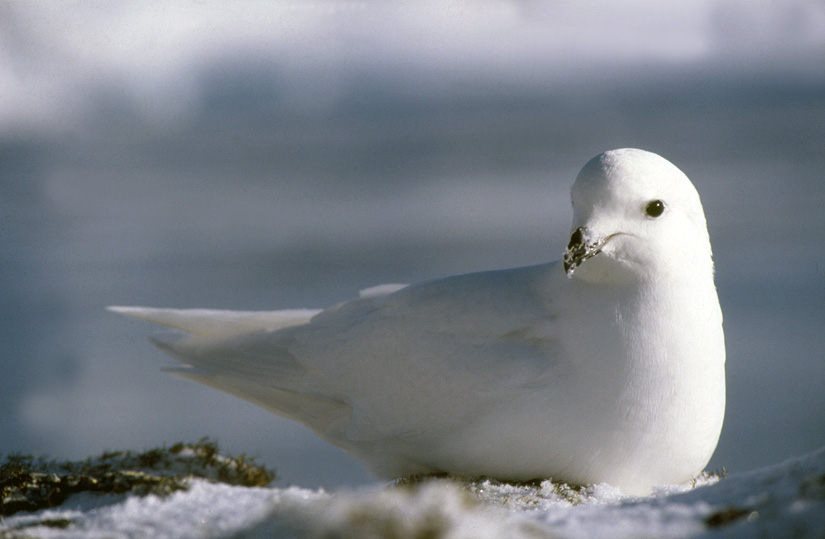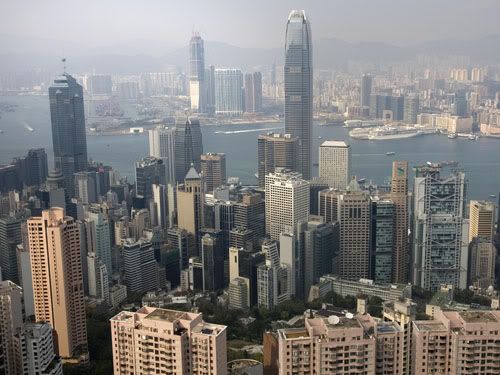One beautiful April morning, on a narrow side street in Tokyo’s fashionable Harujuku neighborhood, I walked past the 100% perfect girl.
Tell you the truth, she’s not that good-looking. She doesn’t stand out in any way. Her clothes are nothing special. The back of her hair is still bent out of shape from sleep. She isn’t young, either – must be near thirty, not even close to a “girl,” properly speaking. But still, I know from fifty yards away: She’s the 100% perfect girl for me. The moment I see her, there’s a rumbling in my chest, and my mouth is as dry as a desert.
Maybe you have your own particular favorite type of girl – one with slim ankles, say, or big eyes, or graceful fingers, or you’re drawn for no good reason to girls who take their time with every meal. I have my own preferences, of course. Sometimes in a restaurant I’ll catch myself staring at the girl at the next table to mine because I like the shape of her nose.
But no one can insist that his 100% perfect girl correspond to some preconceived type. Much as I like noses, I can’t recall the shape of hers – or even if she had one. All I can remember for sure is that she was no great beauty. It’s weird.
“Yesterday on the street I passed the 100% girl,” I tell someone.
“Yeah?” he says. “Good-looking?”
“Not really.”
“Your favorite type, then?”
“I don’t know. I can’t seem to remember anything about her – the shape of her eyes or the size of her breasts.”
“Strange.”
“Yeah. Strange.”
“So anyhow,” he says, already bored, “what did you do? Talk to her? Follow her?”
“Nah. Just passed her on the street.”
She’s walking east to west, and I west to east. It’s a really nice April morning.
Wish I could talk to her. Half an hour would be plenty: just ask her about herself, tell her about myself, and – what I’d really like to do – explain to her the complexities of fate that have led to our passing each other on a side street in Harajuku on a beautiful April morning in 1981. This was something sure to be crammed full of warm secrets, like an antique clock build when peace filled the world.
After talking, we’d have lunch somewhere, maybe see a Woody Allen movie, stop by a hotel bar for cocktails. With any kind of luck, we might end up in bed.
Potentiality knocks on the door of my heart.
Now the distance between us has narrowed to fifteen yards.
How can I approach her? What should I say?
“Good morning, miss. Do you think you could spare half an hour for a little conversation?”
Ridiculous. I’d sound like an insurance salesman.
“Pardon me, but would you happen to know if there is an all-night cleaners in the neighborhood?”
No, this is just as ridiculous. I’m not carrying any laundry, for one thing. Who’s going to buy a line like that?
Maybe the simple truth would do. “Good morning. You are the 100% perfect girl for me.”
No, she wouldn’t believe it. Or even if she did, she might not want to talk to me. Sorry, she could say, I might be the 100% perfect girl for you, but you’re not the 100% boy for me. It could happen. And if I found myself in that situation, I’d probably go to pieces. I’d never recover from the shock. I’m thirty-two, and that’s what growing older is all about.
We pass in front of a flower shop. A small, warm air mass touches my skin. The asphalt is damp, and I catch the scent of roses. I can’t bring myself to speak to her. She wears a white sweater, and in her right hand she holds a crisp white envelope lacking only a stamp. So: She’s written somebody a letter, maybe spent the whole night writing, to judge from the sleepy look in her eyes. The envelope could contain every secret she’s ever had.
I take a few more strides and turn: She’s lost in the crowd.
Now, of course, I know exactly what I should have said to her. It would have been a long speech, though, far too long for me to have delivered it properly. The ideas I come up with are never very practical.
Oh, well. It would have started “Once upon a time” and ended “A sad story, don’t you think?”
Once upon a time, there lived a boy and a girl. The boy was eighteen and the girl sixteen. He was not unusually handsome, and she was not especially beautiful. They were just an ordinary lonely boy and an ordinary lonely girl, like all the others. But they believed with their whole hearts that somewhere in the world there lived the 100% perfect boy and the 100% perfect girl for them. Yes, they believed in a miracle. And that miracle actually happened.
One day the two came upon each other on the corner of a street.
“This is amazing,” he said. “I’ve been looking for you all my life. You may not believe this, but you’re the 100% perfect girl for me.”
“And you,” she said to him, “are the 100% perfect boy for me, exactly as I’d pictured you in every detail. It’s like a dream.”
They sat on a park bench, held hands, and told each other their stories hour after hour. They were not lonely anymore. They had found and been found by their 100% perfect other. What a wonderful thing it is to find and be found by your 100% perfect other. It’s a miracle, a cosmic miracle.
As they sat and talked, however, a tiny, tiny sliver of doubt took root in their hearts: Was it really all right for one’s dreams to come true so easily?
And so, when there came a momentary lull in their conversation, the boy said to the girl, “Let’s test ourselves – just once. If we really are each other’s 100% perfect lovers, then sometime, somewhere, we will meet again without fail. And when that happens, and we know that we are the 100% perfect ones, we’ll marry then and there. What do you think?”
“Yes,” she said, “that is exactly what we should do.”
And so they parted, she to the east, and he to the west.
The test they had agreed upon, however, was utterly unnecessary. They should never have undertaken it, because they really and truly were each other’s 100% perfect lovers, and it was a miracle that they had ever met. But it was impossible for them to know this, young as they were. The cold, indifferent waves of fate proceeded to toss them unmercifully.
One winter, both the boy and the girl came down with the season’s terrible inluenza, and after drifting for weeks between life and death they lost all memory of their earlier years. When they awoke, their heads were as empty as the young D. H. Lawrence’s piggy bank.
They were two bright, determined young people, however, and through their unremitting efforts they were able to acquire once again the knowledge and feeling that qualified them to return as full-fledged members of society. Heaven be praised, they became truly upstanding citizens who knew how to transfer from one subway line to another, who were fully capable of sending a special-delivery letter at the post office. Indeed, they even experienced love again, sometimes as much as 75% or even 85% love.
Time passed with shocking swiftness, and soon the boy was thirty-two, the girl thirty.
One beautiful April morning, in search of a cup of coffee to start the day, the boy was walking from west to east, while the girl, intending to send a special-delivery letter, was walking from east to west, but along the same narrow street in the Harajuku neighborhood of Tokyo. They passed each other in the very center of the street. The faintest gleam of their lost memories glimmered for the briefest moment in their hearts. Each felt a rumbling in their chest. And they knew:
She is the 100% perfect girl for me.
He is the 100% perfect boy for me.
But the glow of their memories was far too weak, and their thoughts no longer had the clarity of fouteen years earlier. Without a word, they passed each other, disappearing into the crowd. Forever.
A sad story, don’t you think?
Yes, that’s it, that is what I should have said to her.






































